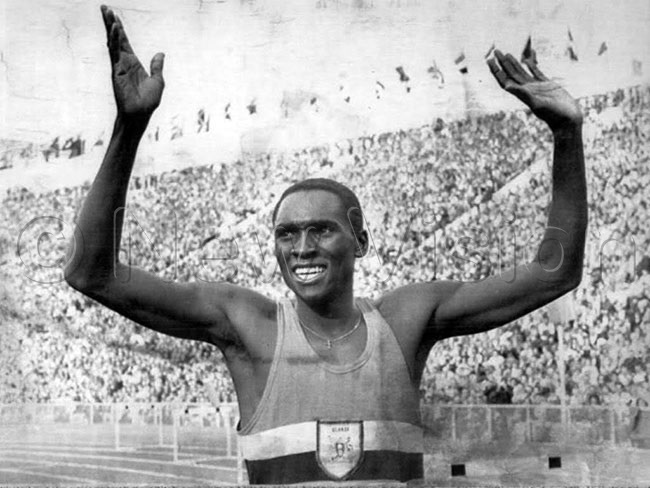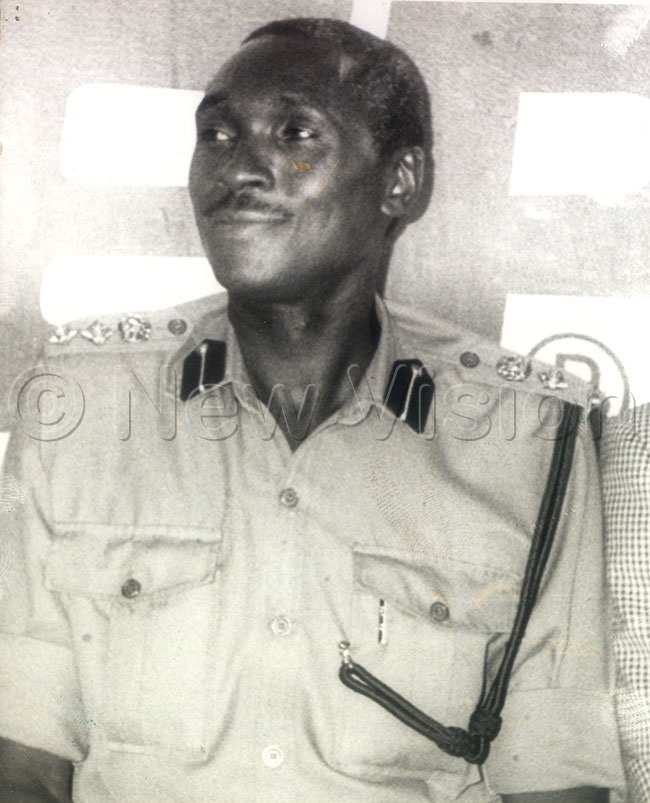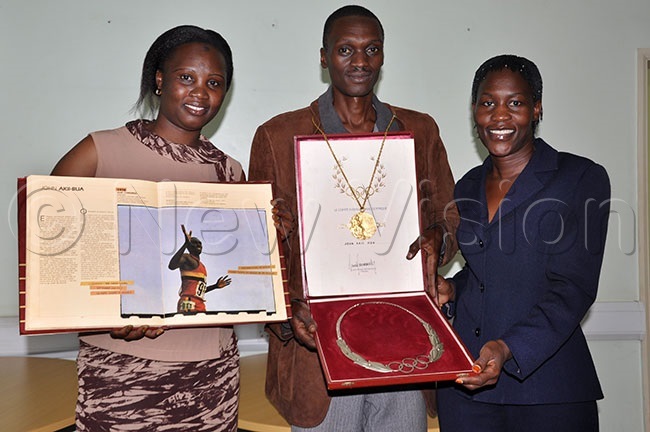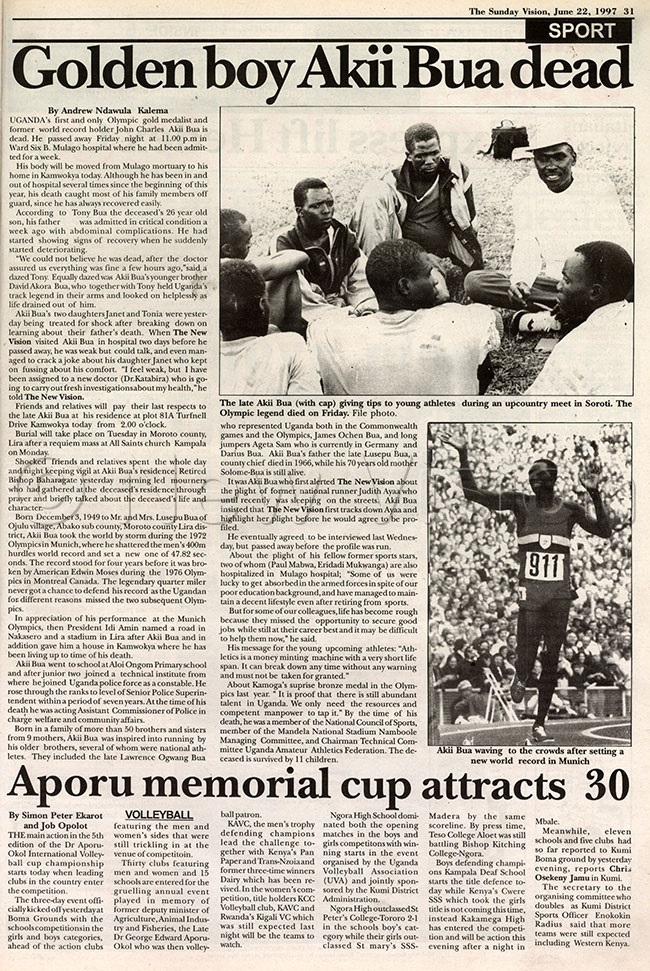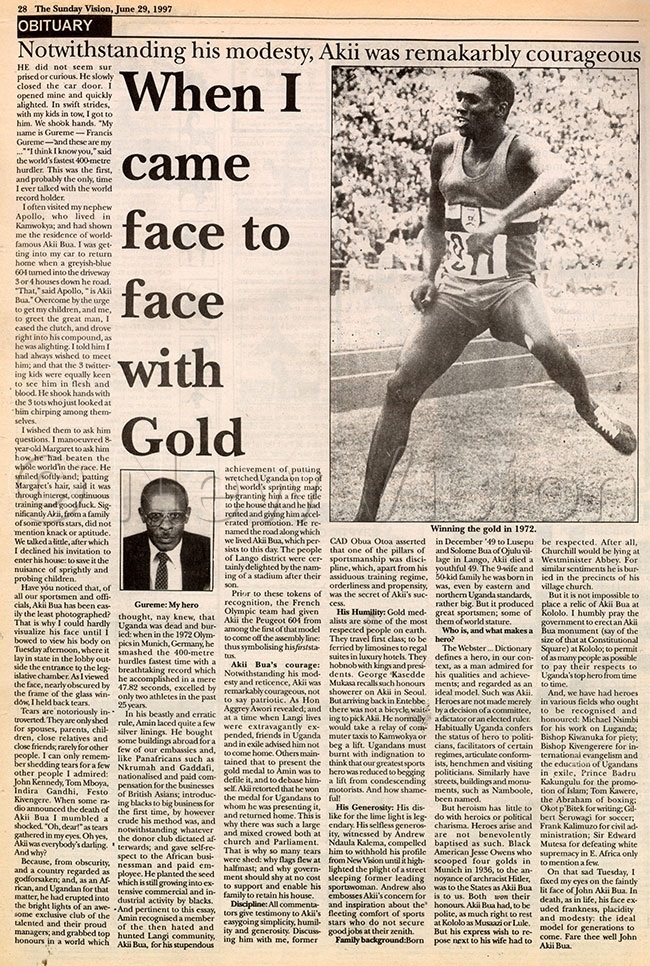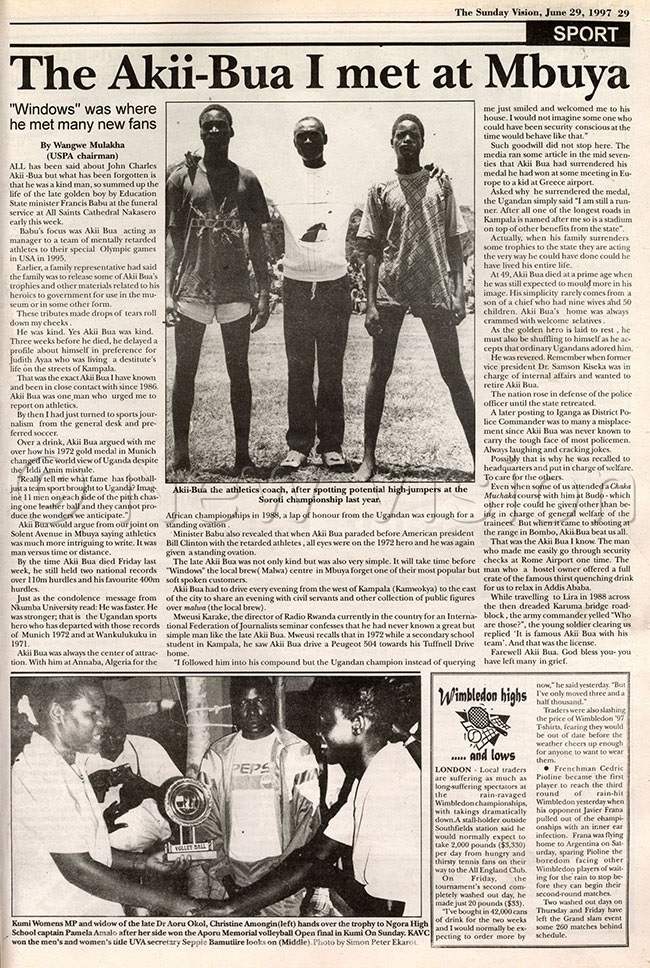Today in History: Uganda's Olympic medallist Akii-Bua dies
SPORT |
John Akii-Bua, Uganda's only Olympic gold medallist then, died on June 20, 1997. He won the 400-meter hurdles at the 1972 Munich Olympics.
Hurdler Akii Bua lifts Uganda on the world stage
John Akii Bua's greatness is inevitably and somewhat unfairly attached to his place of origin. Here in his homeland, Akii Bua is remembered as the national hero who tattooed Uganda onto the world map by winning gold at the Olympics sometime in the past.
Outside Uganda, Akii Bua's legacy owes much to the fact that he is the unknown, from a little-known country, who stole Olympic gold in a most incredible way. Both perceptions are factual but incomplete.
If most Ugandans know that Akii Bua won Olympic gold, few also know that he did so at the 1972 Munich Games in the 400m hurdles and that it is the country's first Olympic gold.
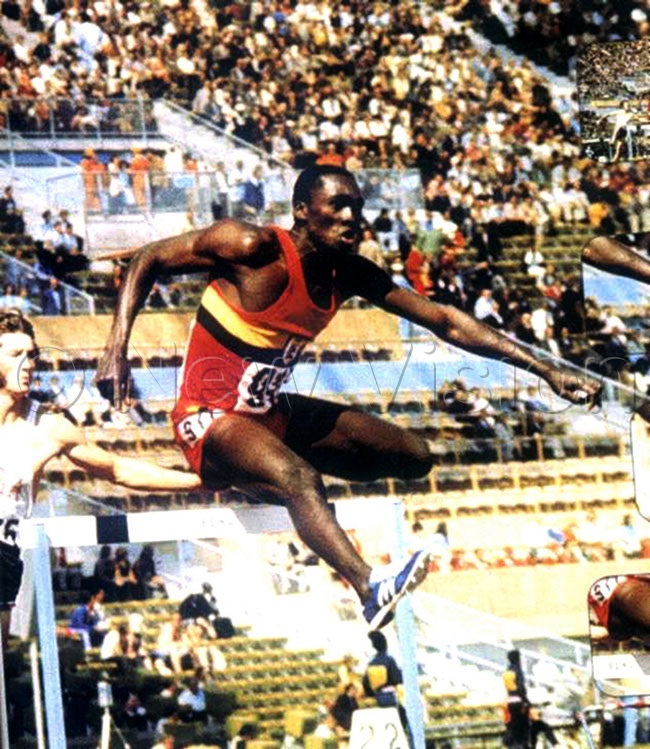
As for the largely western-backed view that Akii Bua's achievement is great because it was unpredictable and astonishing, well, that is slightly exaggerated. The fact is Akii Bua's triumph was just great. That he was Ugandan is just the icing on the cake.
That he was unknown was merely a predetermined setup. Akii Bua had a disadvantaged background and, yes, he wasn't the favourite but to dwell on those facts would be to overlook the truth.
That what Akii Bua did would have been awesome if he was hailing from the Republic of Steroids somewhere across the Atlantic. Incidentally, Akii Bua ran the final like he was on something.
That, however, was necessitated by the monumental odds which stood in his path. It is tempting to single out David Hemery as the biggest hurdle that Akii Bua had to jump. Hemery was, after all, the defending Olympic 400m hurdles champion and world record holder.
The Englishman set his record of 48.07s at the Mexico Games four years prior and he was confident of defending his crown. Yet if Hemery was Akii Bua's most obvious impediment he, arguably, wasn't the biggest.
Long before Akii Bua showed Hemery, who eventually finished third, a clean pair of spikes, he had to see himself doing it. Akii Bua had no reference point, no compatriot to evoke.
He wasn't part of a golden generation of Ugandan athletes, with whom he could compare notes. He was all alone. Akii Bua had to see his singularity as a mark of his specialness rather than an excuse for mediocrity. After all, getting to the final was an achievement in itself.
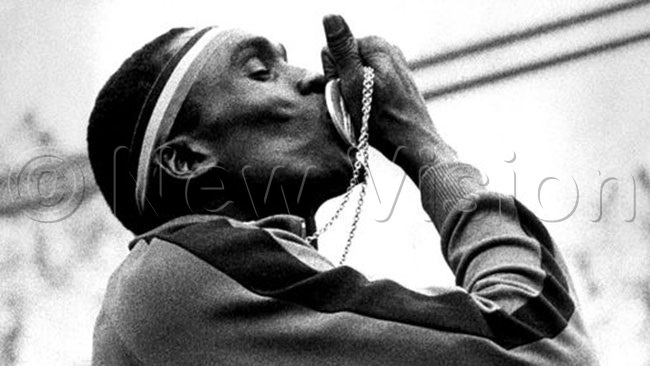
Winning bronze would have been massive. Silver unbelievable. But gold, well… Akii Bua could have told himself, ‘any place on the podium would be amazing'. But he didn't.
His mind was set on ultimately glory, his coach in complete agreement. "The last thing my coach told me," said Akii Bua, "‘you know what you came for. At 200m, do not look at anybody. Just run your race.'" Those words proved critical because at the 200m mark Akii Bua, running in the intimidating inside lane, was in the third position, behind American Ralph Mann and Hemery, who was ahead of his world record.
With 50 meters to go, Akii Bua caught up with Hemery then overtook him, won the race, and smashed the world record. The first man to break the 48-second barrier in the 400m hurdles, Akii Bua's achievement would reverberate across the world. 48 years later, it is still vibrating in Uganda, where it all started.
